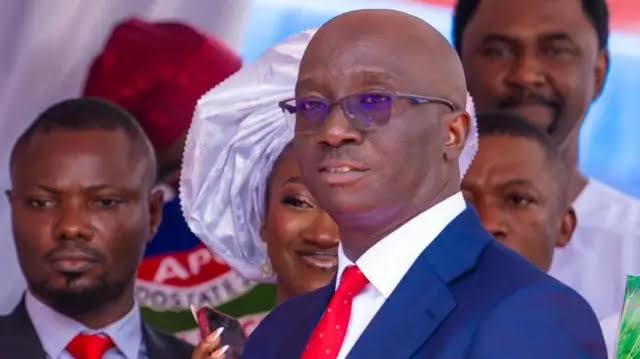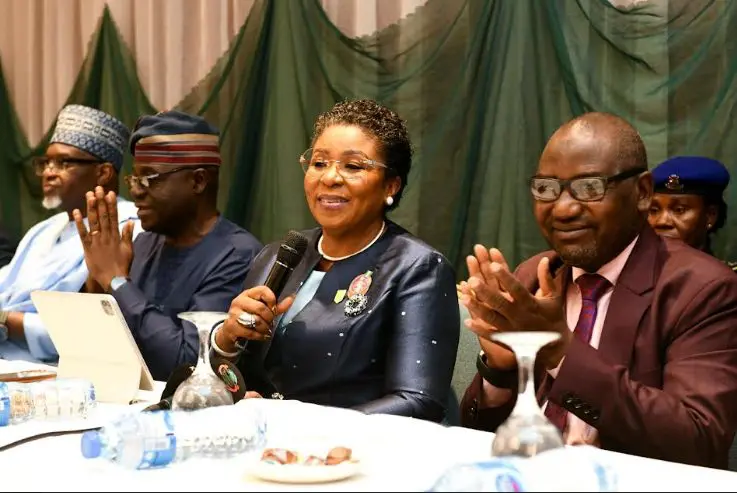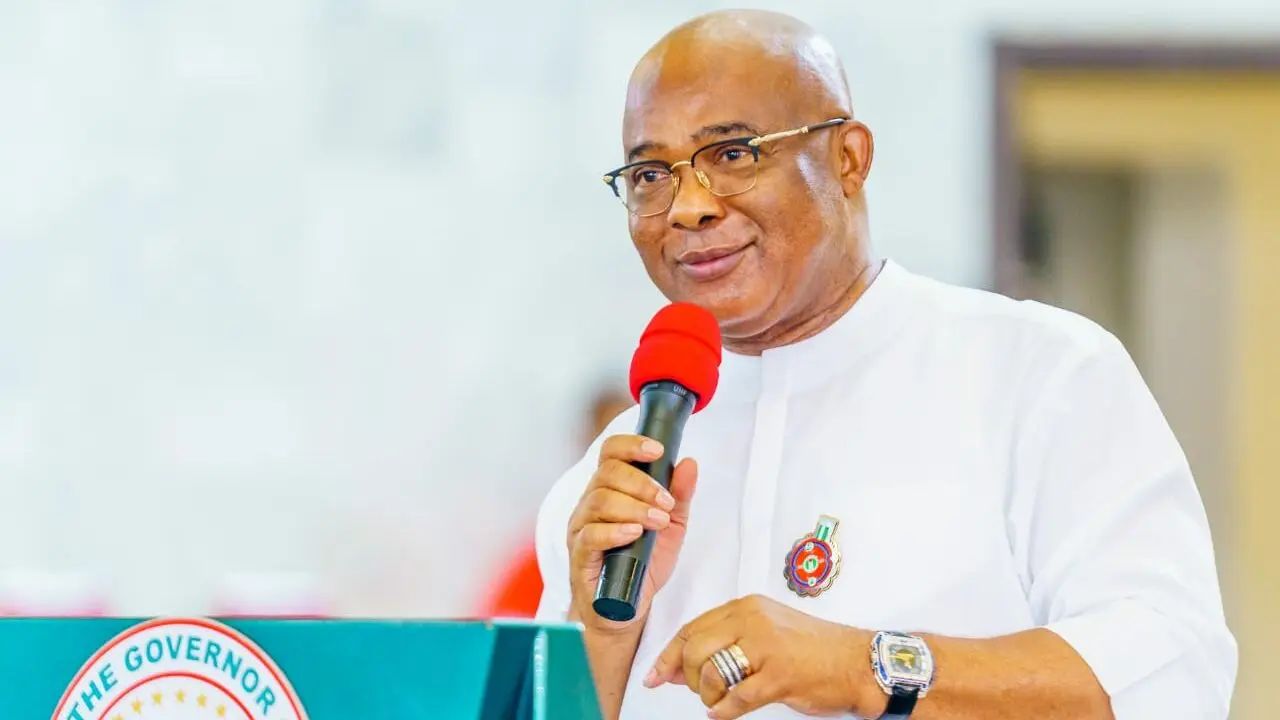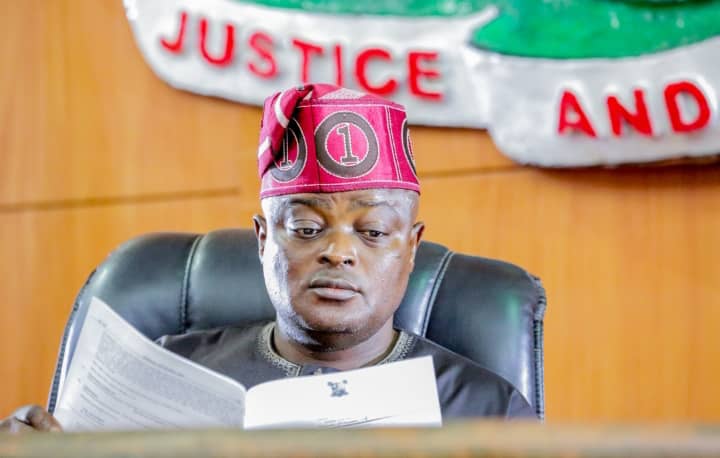The diplomatic community has hinged peace and stability in the world on the decolonization of territories that are still under colonial rule.
According to the Society for International Relations Awareness (SIRA), there are about 61 colonies still under colonial rule, and unless there are fewer territories under colonial rule, there will not be peace in the world because there will always be agitation for self-rule.
SIRA President Owei Lakemfa, while speaking at a 2-day International Conference to End Colonialism in the World, themed “The Forgotten Peoples: International Conference to Decolonize the World,” held in Abuja yesterday, raised concern over the slow pace of the United Nations in granting independence to about 17 territories under its control.
He said, “We feel the United Nations has not been fast enough, even though they promised to decolonize countries since 1960. So we decided to bring people in the colonies as well as the colonial masters together to agree on a possible time frame or framework or action plan.
“With about 61 non-self-governing territories in the world and about 17-18 by the UN, we want to see how many of them can be decolonized within the next 4-6 years.”
Lakemfa noted the long-standing occupation of Western Sahara by Morocco, drawing parallels between individual and national enslavement.
He explained that the issue has deep roots, dating back to Spain’s controversial decision to hand over Western Sahara to Morocco and Mauritania during decolonization.
“While Mauritania eventually withdrew, Morocco maintained its grip on the territory, leaving the Sahrawi people scattered across occupied lands and refugee camps in Algeria.”
Lakemfa lamented that recent diplomatic missteps, including a visit by Nigeria’s Ministry of Green Energy to Morocco without recognizing Western Sahara’s sovereignty, have raised eyebrows.
He said, “As Morocco continues to push for regional influence, having been rebuffed in its bids to join ECOWAS and the European Union, calls are growing louder for the nation to reconsider its stance. Morocco is already blessed and richly endowed, and it’s time to leave its neighbour alone and let them survive.”
The president stressed the urgency of freeing these territories, noting that the persistence of colonial rule in any form is a significant problem, akin to the enslavement of individuals or nations.
He said, “We are urging Morocco, a nation already blessed with abundant resources, to allow its neighbour to thrive independently.”
Notably, Nigeria has played a significant role in this effort, having officially recognised Western Sahara’s sovereignty back in 1984, during General Buhari’s tenure as head of state.
“As momentum builds, the hope is that within the next four to six years, a significant number of these territories will finally achieve self-governance, marking a pivotal step forward in the global push for freedom and equality,” he said.
Also speaking, former Nigerian Foreign Affairs Minister, Professor Ibrahim Gambari, said, “As long as many people remain not free under colonialism, none of us can consider ourselves free.
“The freedom of all oppressed people, colonised people is paramount; without it, international peace and security are truly endangered.
“United resolutions are plenty in terms of supporting the end of colonialism, but they don’t self-implement; therefore, we really have to organise to make sure those territories under colonial rule or not self-governing must be independent as soon as possible.”

 3 months ago
56
3 months ago
56















 English (US) ·
English (US) ·